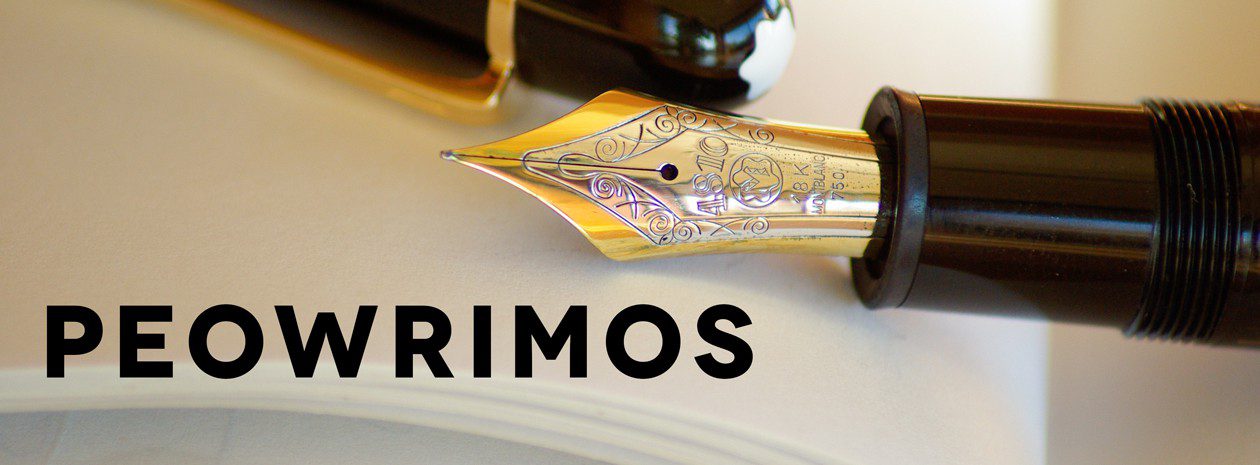Story trumps structure: how to write unforgettable fiction by BREAKING THE RULES
by Steven James
This book’s title is telling. On one hand, yes, story trumps structure. A good story trumps all. I’m on board with that. But the rest reads like a gimmick.
What this book means by ‘break the rules’ is actually this: ignore all those other rules, but follow MY rules (and we’ll call them principles so it’s totally not the same thing hahaha aren’t I clever?) and write your novel without any ‘structure’ at all. Just use this other kind of structure which we will not call structure, we’ll call it more principles to guide you, see, still clever!
75% of this book you can find in other writing books. Full stop. The ideas might get different titles, but they’re there. This book rehashes concepts like tension, conflict, plot twists, escalation, and story promises–all of which are familiar territory to anyone reading other contemporary writing books.
The other 25%, if you’re a quote-endquote organic writer, might actually be useful. Most professional writers who have written writing books are the organized, plotting types, so this is the first place I’ve seen this kind of in-depth discussion of writing by the seat of your pants and making it work. However, I still have a couple of quibbles…
For one, the plotters are not at war with the pantsers. There is no war. Got it? Okay. I hate the dichotomy of you’re either this or this, especially when it comes from writing teachers. If you’re a student of writing (and we’re all students of writing) what works now might not work in ten books. And ten books from then, you’ll probably have new methods and prefer different techniques. And that’s how it should be. I pants a lot more than I did when I was writing my first book, but I still love my outlines.
I don’t buy into the attitude that if an outline didn’t work for you once, that must mean you’re not an outliner so just throw it away and be freeeeeee! No, no, no. I’ve had so many outlines that didn’t work because I wasn’t good at outlining yet. It’s a skill, one of many. There is no war between plotters and pantsers. We’ll get along just fine as long as I get that last cookie.
Some of the advice for organic writing is simply not sustainable–such as rereading large chunks of your novel before you sit down to write every day. I want to know how to to enter this mythical universe where hours of solitude and privacy are handed to me every day. I eek out my writing time a few minutes at a time. Being a plotter helps because with an outline or at least a clear idea of where I’m going, I spend a bit less time exploring. But where in the laws of the cosmos does it dictate that organic writers can’t be organized like their plotting peers? All writers, regardless of process, can benefit from tools such as lists, journals, and a side-document filled with ongoing questions, concerns, and ideas.
Like many others, this book is rife with casual sexism. Heroes are hes, unless they’re mothers or really want to get married, then they’re shes. If you want to hurt your protagonist, hurt his wife or some other woman that ‘belongs’ to him. And it seems a bit pointless to complain, because hey all the other writing books do it, too, right? But it doesn’t have to be this way. Considering that more than half of writers and readers are women, why do male authors assume that other men are the default of their audience? Using gender-neutral pronouns is so laughably simple and would include everyone–not just men and women.
This book doesn’t make it on my recommended list, for the obvious reasons. If you can snag a copy from your library, Part II (organic writing) is worth a read, but otherwise, the rest is a gimmick to make readers think they’re ditching the rules, when really they’re just learning the rules under different, flashier names.
Oh, and the troubleshooting chart in the back is downright insulting. I appreciate these kinds of charts for baking, but for writing, not so much, because they assume I’ve already figured out the problem. Do I need a chart to tell me that if my problem is ‘too many flashbacks’ (pg 286), the answer is to cut them? That isn’t helpful. How about a chart that makes me answer questions about how important each flashback is, so I can actually determine if it’s needed to tell the story? Obvious chart is obvious.
